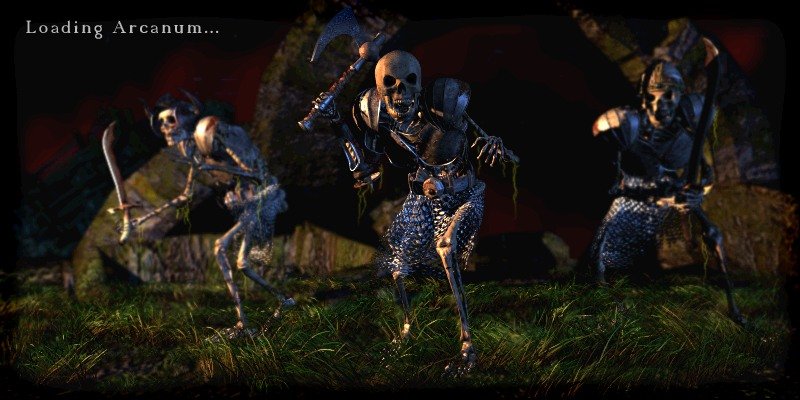Приглашаем вас поучаствовать в голосовании RPGNuke Awards 2025, в рамках которого мы выбираем лучшие RPG уходящего года и наиболее ожидаемые проекты грядущего!
-
Публикаций
9 095 -
Зарегистрирован
-
Посещение
Весь контент JimDiGreez
-
Ага, читал сегодняшний пост Аларика. =)
-
http://youtu.be/s3-jmxWEY-U
-
Значит привидилось. =)
-

Трейлер обновления Fallout Shelter продемонстрировал потенциальную спутницу из Fallout 4
JimDiGreez ответил Del-Vey в теме Новости
Нет, она здесь точно не используется: мимика у Пайпер неестественная. А технология называется MotionScan. -
¯\_(ツ)_/¯ Мне это помогло, на десятке.=) А зоговская версия перевода устанавливается?
-

Трейлер обновления Fallout Shelter продемонстрировал потенциальную спутницу из Fallout 4
JimDiGreez ответил Del-Vey в теме Новости
Это называется эффект "зловещей долины". =) -
Хотите пиво Ведьмак?! печатаем на принтере, клеим на Балтику, пьём. =)
-
Это нормальная проблема для 64-битных систем. Секундочку... Заходим на диск C:\ , D:\ или любой ваш логический раздел диска и создаём файл CONFIG.SYS У меня подобная ошибка была, и это помогло. =)
-

Трейлер обновления Fallout Shelter продемонстрировал потенциальную спутницу из Fallout 4
JimDiGreez ответил Del-Vey в теме Новости
А мне показалось, что у неё тупо мимика плохо сделана, в отличии от ГГ. =) -
Просто приготовьтесь к пост-пост-апокалипсису с элементами дизельпанка, и жизнь будет проще. =)
-
Да, но дело в том, что некоторые игры в списке требуют большего подхода к драматургии, чем F4. Соглашусь, эти игры разного полёта птицы. Будем ждать озвучки для Ризена 3, чтобы можно было сравнить разные подходы.
-
А тем временем, перевод дотянулся до седьмой Альфы. Перевод сделан на 93,43%
-
Аааа... что за лицевая анимация! Даже в обливионе NPC двигали бровями "поактивней". О_о
-
Да, но часть из них, озвучить намного сложнее. =) Да и вообще, главное не количество, а качество. =) Например, сейчас готовится озвучка Risen 3. И подход к ней совершенно другой - максимальное общение с аудиторией, т.к. заказчиком и инициатором является сама аудитория.
-
Очепятка же: Roguelike RPG. =)
-
ZoG Forum Team выпустила очередное обновление перевода Darkest Dungeon до версии 1.41, который подружился со свежим игровым патчем (#11029) и избавился от большого количестве найденных ошибок в тексте. Качаем отсюда.
-

Новый мультфильм о системе S.P.E.C.I.A.L. в Fallout 4 рассказывает о Ловкости
JimDiGreez ответил Del-Vey в теме Новости
Ага, именно так всё будет. =) -
Вот тут, под катом
-
Охтыж, Россия на третьем месте после США и Австралии. О_о
-
Играю на старом мониторе 4:3. Летает без проблем. =)
-
Исправил сообщение. Дело в том, что эти картинки были удалены из оригинального сообщения Винса. Спасибо за перевод. =)
-

Советы по созданию персонажей в Wasteland 2: Director's Cut
JimDiGreez ответил Del-Vey в теме Новости
Кстати, а DC издание не перелопатило баланс? -
Это же лохотрон, извиняюсь за прямоту. =)


